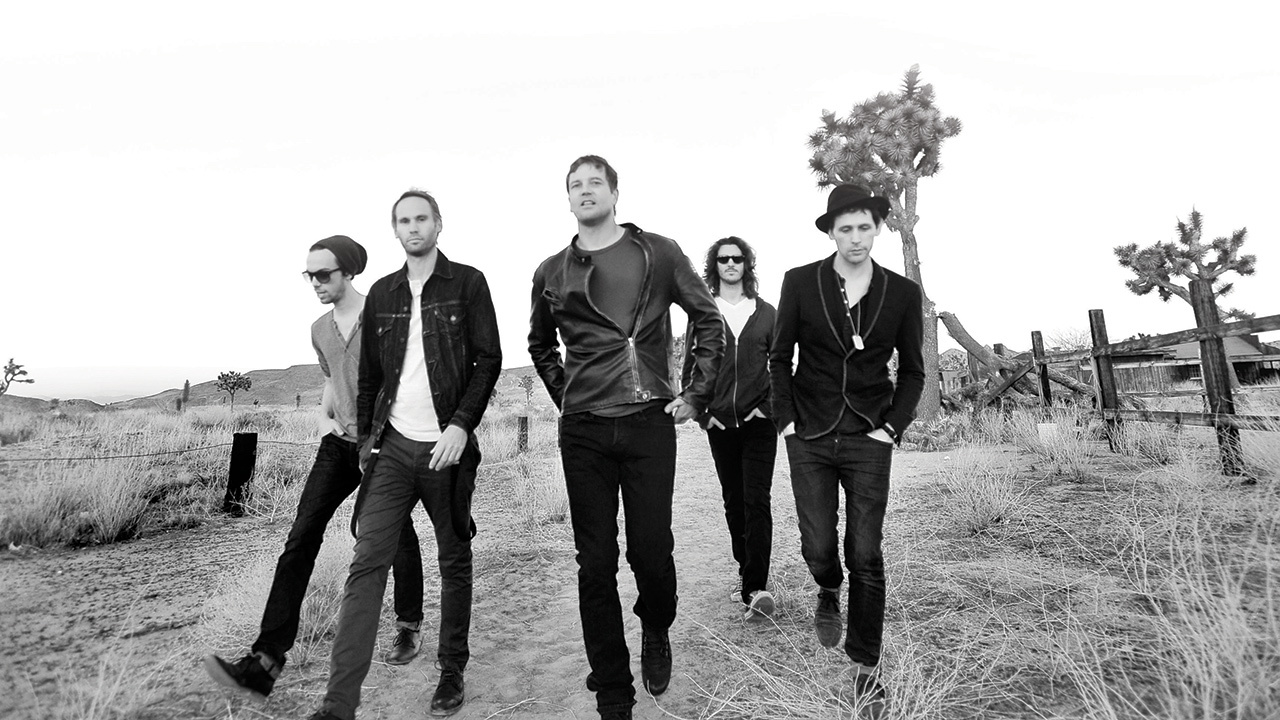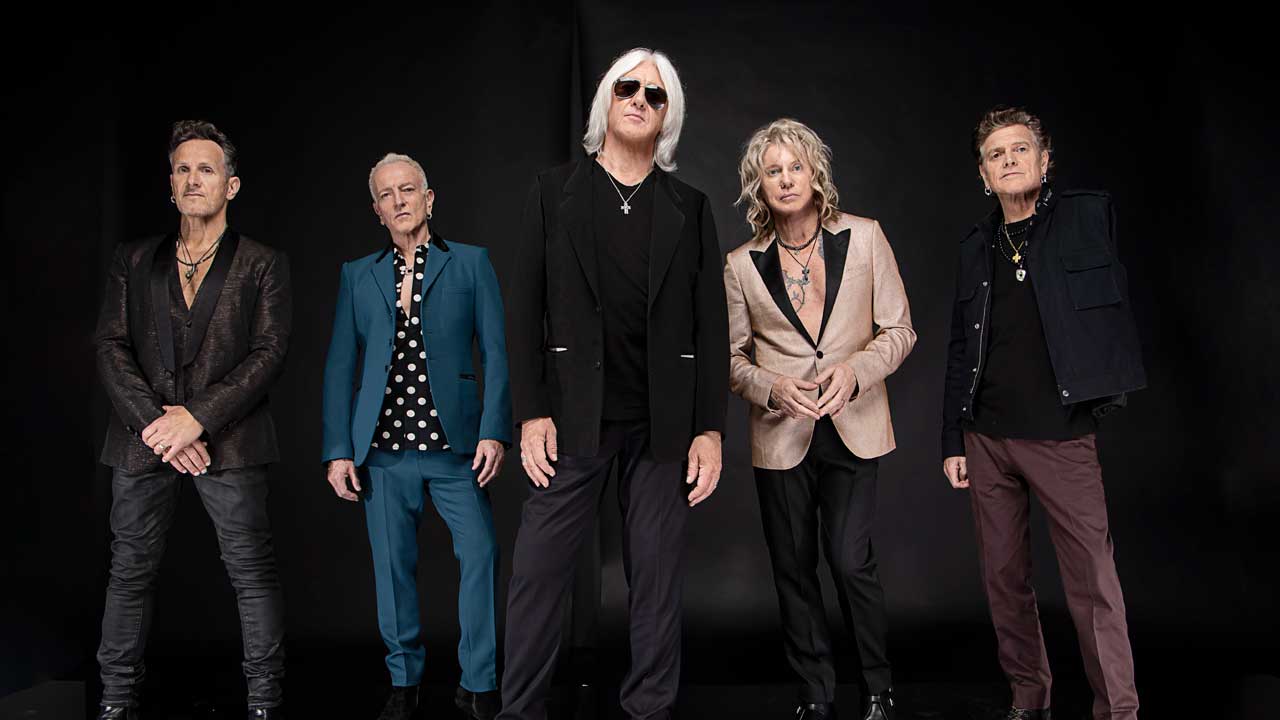Third Eye Blind: "Forget the post-grunge death cult, we had a rage to live"
Ahead of their UK tour dates, Third Eye Blind’s frontman Stephen Jenkins talks about image problems, politics and f**king things up

Third Eye Blind have an image problem. In fairness, the problem isn’t theirs – it’s everyone else’s. The San Francisco band were a more complex proposition than the wave of MTV post‑grunge bands they were lumped in with, mixing up rock, pop and hip-hop influences with an edgy lyrical slant – breakthrough hit Semi-Charmed Life was about crystal meth addiction, while 2016 single Cop Vs Girl addressed the Black Lives Matter movement. Ahead of a UK tour, Stephen Jenkins puts some preconceptions to rest.
You’ve said of yourself: “I’m not a legacy guy,” but you played your first album from start to finish on your recent US tour.
I’m not very nostalgic by nature. But to have an album that made it to twenty is nothing you should be blasé about. So I said that we’d play some new music, then play that record from back to front. And the last date, a homecoming show at the Greek in San Francisco, was the last time we did it. We won’t do it again.
Did you feel that you were misunderstood back then?
I didn’t feel like we were part of the scene we were put in. There was a kind of post-grunge mentality, a death cult. We were trying to cast that off. Instead of this nihilism that was part of Nirvana and Alice In Chains, we had a rage to live.
Your work rate slowed down in the ’00s. Did you enjoy that decade?
Yeah. Things started to pick up around 2007. I’d gone through a difficult break-up, and that created a lot of soul searching, which turned into a more whole, happier self. That coincided with people beginning to rediscover the band. A whole bunch of little puzzle pieces came together.
Sign up below to get the latest from Classic Rock, plus exclusive special offers, direct to your inbox!
In 2011 you wrote the song If Ever There Was A Time in support of the Occupy movement. Do you think the protests had much effect?
America was fleeced of a fifth of its wealth and none of the people who did it were held accountable. I thought Occupy was a moment. But for a moment to become a movement, they have to have an idea that people can get behind, that they can actually turn into a policy. Nobody in the Occupy movement ever came up with that. There wasn’t some leader who arose and turned it all into a point.
Your 2016 single Cop Vs Phone Girl plugged into the Black Lives Matter movement. Has rock lost its political edge?
Very much so. Our song was about a sixteen-year-old girl who got the shit beaten out of her by a campus security guard who had a gun, and they wouldn’t play it on the radio. Well they did, but there’s a line in the song where I say: ‘Why is it so hard to say Black Lives Matter?’ Then people would call in saying: “Blue lives matter”, meaning the police. It turned into this idiotic thing. It was not tolerated.
That recent US tour was named Summer Gods after your new EP – which never actually came out.
Ha! Yeah. We recorded a song called Twice As Many Tigers, which was basically me just freestyling over some trap (southern hip-hop) beats, and we chickened out on putting it out. It was really a Stephen Jenkins solo song. We just didn’t get it together to record the rest of the songs. That’s what we do with Third Eye Blind, we fuck things up.
The first of Third Eye Blind’s shows in the UK and Ireland is at London’s Roundhouse on September 27.
Dave Everley has been writing about and occasionally humming along to music since the early 90s. During that time, he has been Deputy Editor on Kerrang! and Classic Rock, Associate Editor on Q magazine and staff writer/tea boy on Raw, not necessarily in that order. He has written for Metal Hammer, Louder, Prog, the Observer, Select, Mojo, the Evening Standard and the totally legendary Ultrakill. He is still waiting for Billy Gibbons to send him a bottle of hot sauce he was promised several years ago.

